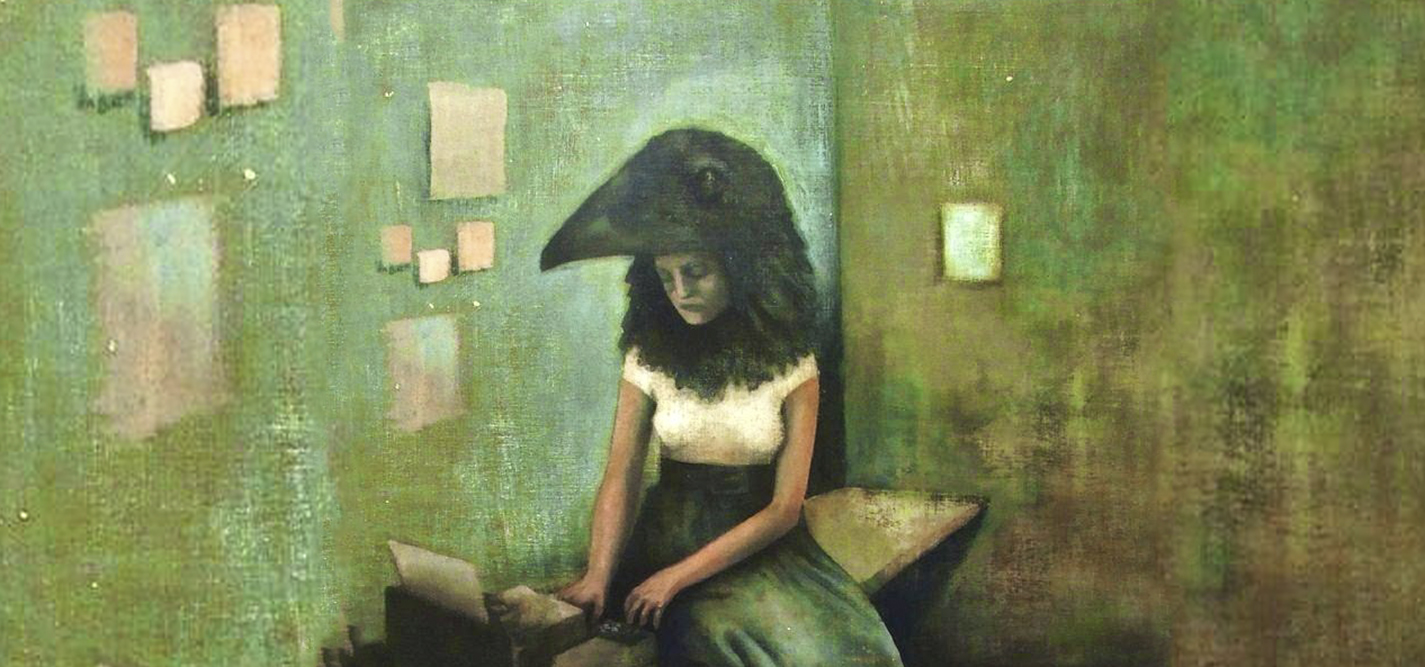
Finding a home away from home
A tale of growth and oaks.
|27.06.2019
|
Apprehensions by Sylvia Plath
I was living in a bubble of terror until that bubble became the very material I was made of.
I was carrying within me the secret of the Oak House and no one would ever need to know about it.
It was in the Oak House, strangely enough, that I for the first time in my life was proud of what my people went through.
This way of living was so unique and so beautiful, it made me rethink every little thing I was doing and how I consumed and lived my life daily.
The only rule was: you talk your mind and you don't pretend to be somebody else.
I saw myself ruling my own empire and I dreamt that someday I would be able to resist the temptation of placing myself onto the power scale.
Your roots aren't the place where you belong, nor the place where you should grow your fruits out to the world.
My mental health is a part of me, and the difficulties I face aren't the whole me.

Fjolla Shaqiri
Fjolla is an educator, a writer and a musician living in Prishtinë, Kosovo. As a non-formal educator, she works with Kosovar youth on a daily basis at the NGO TOKA. As a writer, she writes poems and blogs about her feelings and thoughts. And as a musician, you can find her singing and playing her guitar as a way of expression and self-healing, while touching her audience’s minds and souls.
This story was originally written in English.